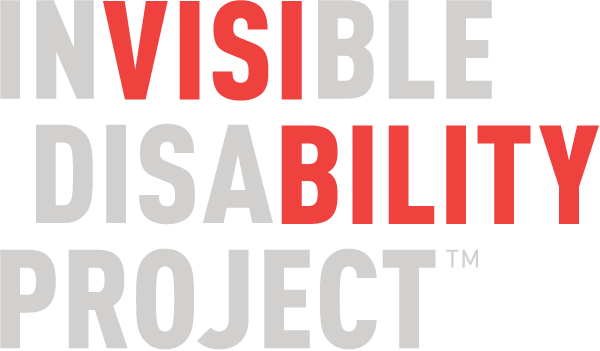Why I Started Being Real About My Disability with Others
Guest Zine by Haley Zilberberg
I struggle to understand the difference between having a voice and complaining, so sometimes I just keep quiet. My disabilities are not visible in the same way that my friends cannot see that I throw my textbooks and laundry in my closet when they visit. My struggles do not go away just because nobody sees them.
I have always attached shame to my disability. I have fibromyalgia, migraines, vertigo, chronic fatigue, Hashimoto’s, and a bulging disc in my cervical spine. At fourteen, I survived meningococcal septicemia and subsequently went through years of physical therapy and saw dozens of doctors to try to figure out how to feel normal again. Normal does not exist. My body is like a pendulum, swinging from one spectrum of symptoms to the other in continuous motion.
The days I feel only minimal pain and symptoms, I am proud. The days I cancel all my plans and sit in the dark doing nothing while I wait for my body to feel like mine again, I hate myself. I hate myself for everything I want to do but cannot do, for the people I have let down due to flare ups I cannot predict or prevent, for all the work I must catch up on. I hate the lack of control. Even I seem to be judging myself for my own invisible illness.
On the bad days, I feel so sick I do not want to explain to anyone what it feels like to have chronic health issues because I feel too ill. On the good days, I do not want to explain my invisible illness to anyone because for a moment I can pretend it does not exist. In our society, there is stigma surrounding being anything but able-bodied. Regardless what laws and policies are in place to ban discrimination or promote accommodations, people with disabilities are not looked at in the same way.
Making a video for the “This is Me” campaign made me stop and think. Why do I feel ashamed when I claim my invisible disability as my own? Why do I hesitate to talk about my experiences? Our society celebrates strength. I learned that strength does not mean I must push my body and mind to their limits. Through introspection and struggling to find words to say how I truly feel (and still the words never seem to do justice) about my experiences as a person with invisible disabilities, I found the strength to say this is me and I do not have to hide who I am.
Invisible Disability Project gave me the platform to voice my experiences as a person with invisible disabilities in a positive way that makes me feel powerful instead of weak. It made me realize that there is nothing wrong with being open about my health issues with family, friends, or even in professional settings. I may not always get the response I want, but I know that I do not have to feel shame for who I am. Every day I still struggle to find my place in a society that was not built for people with limitations, but for now I have found my voice and that is enough to start making a difference.

